
Swimmer’s ear is a colloquial term for otitis externa or the infection of the outer ear canal. It needs to be understood better because it is often confused with middle ear infection or otitis media. The outer ear canal and the middle ear canal are divided by the eardrum and therefore they are not the same thing.
Symptoms of the swimmer’s ear
Unlike otitis media, swimmer’s ear or otitis externa is often a consequence of a water-related activity, such as swimming, diving, jumping into water in a pool, a river or an ocean. It can also occur after getting certain amount of water inside the ear during a bath.
It can also occur if the outer eat as irritated with foreign objects such as cotton swabs, pencils, fingers, scrapers and similar objects.
Pain is one of the common symptoms of swimmer’s ear, along with the feeling of pressure. There is usually no fever, runny nose or congestion, which are almost always present in otitis media. There can, however, be some itching, as well as pus or colored discharge from the ear.
One of the most definitive signs of swimmer’s ear is pain that occurs as a result of pressure, for example if the small cartilage in front of the ear canal is pressed or if the top of the ear is pulled back.
Treatment for swimmer’s ear
The most important step in the treatment of swimmer’s ear is to keep the ear dry at all times. Allowing additional water in the outer ear canal during the infection will only make it worse and aggravate the symptoms. If any water does get in accidentally, the ear should be dried by holding a tissue next to the ear while the head is tilted sideways.
If the pressure, the itching and the pain are too much to handle, it can help to apply some antibiotic ear drops. These may only need to be applied for a day or two, depending on the severity of the infection. In most cases, though, the drops need to be applied for seven to ten days.
Since antibiotic ear drops provide some anti-inflammatory action, there may not be need to use painkillers. However, some people are very sensitive to pain so they can use drugs like Aspirin or ibuprofen.
Resting as much as possible, avoiding physical and emotional stress, pollution and loud noises, these are all factors that will contribute to faster recovery from swimmer’s ear. It is also important to eat well and to take plenty of vitamins and supplements that will boost the immune system.


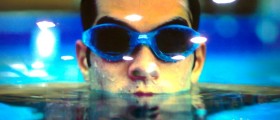
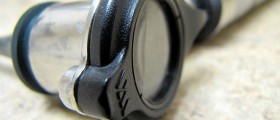
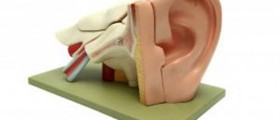


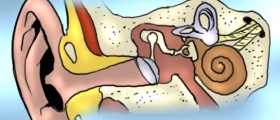
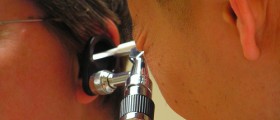

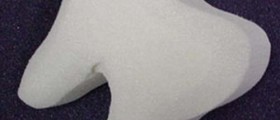



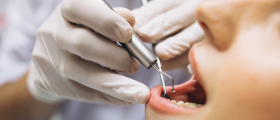
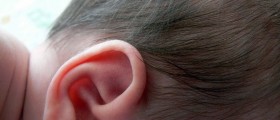

Your thoughts on this
Loading...